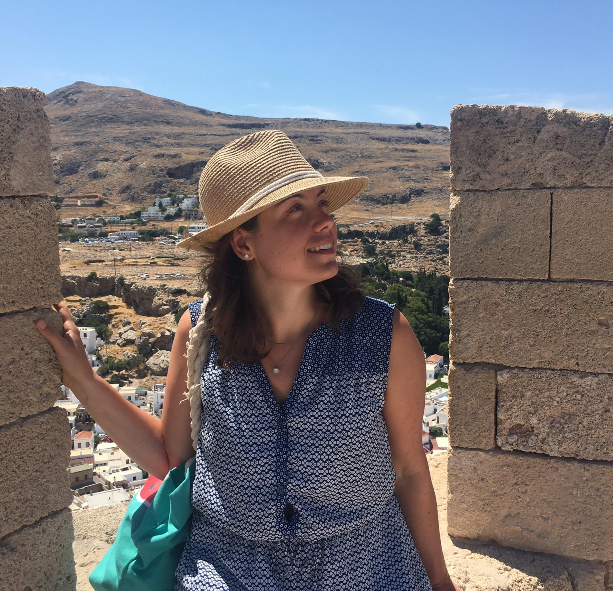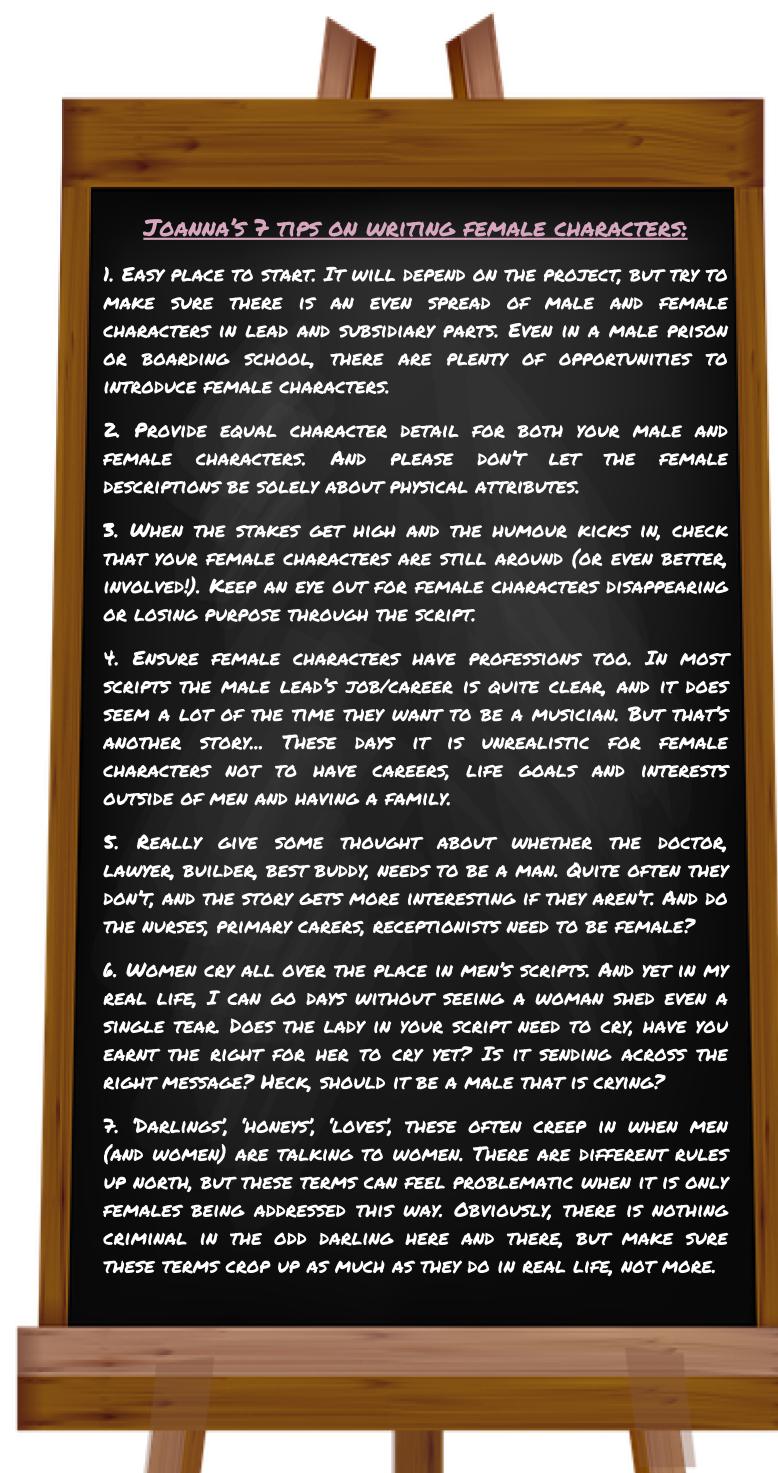Are Men Writing Women Right?
Writer and journalist Joanna Tilley has launched a script companion service that focuses on female characters. Here she tells The Comedy Crowd the reasoning behind the new Pay What You Can service and what it can offer comedy writers.
In 2018, The Writers’ Guild of Great Britain found that only 11% of comedy episodes on TV were written by women. The findings came just months after 76 female writers signed an open letter accusing drama bosses of not giving them primetime opportunities.
To its credit, the industry has been quick to respond with a raft of comedy and drama commissions driven by women. Pure, the brilliant Back to Life, the even more brilliant I May Destroy You, are just a few of the female-led shows to hit our screens. Former ITV comedy commissioner Saskia Schuster continues her excellent initiative Comedy 50:50, which aims to achieve parity for female writers by holding events, workshops and offering paid TV opportunities.
However, despite these positive steps, comedy still skews male and almost without exception male-written scripts are dominated by male characters.
After watching a number of male-scribed comedies recently, I believe there is still a long way to go when it comes to female representation. Sitcoms written by men usually feature male leads (Code 404, The Young Offenders, Man Like Mobeen, Dave, Sliced) or a male majority cast (People Just Do Nothing, Plebs, Norsemen, The First Team). Even two of my favourite programmes, Brooklyn 99 and What We Do In The Shadows, over-represent men.
Perhaps it is unsurprising that men like to write men, but as a viewer I find it frustrating when time and time again I am following a male protagonist, or when I see these amazing female actors in the bittiest of parts.
For me, the issue of female representation is not just about getting more women to write comedy (although this is crucial), it is about improving the way men create and develop their female creations in the first place. Because until we reach that pivotal place of 50:50, male writers are still predominantly responsible for ensuring women are represented and their voices and issues heard.
Sadly, the situation at the grassroots feels no different from the top. In fact, without the layer of producers and commissioners checking work, it can be worse.
Over the last decade, I have regularly attended London Comedy Writers, a group where sitcoms are read out by actors every two weeks. I have read and listened to many scripts and while there’s some brilliant work on show, the way male writers represent women is hit and miss. In a room mostly filled with men, the script feedback frequently returns to the lack, or weakness of, female characters. Even when writers start with an equal gender split, it is usually the male characters that deliver the action and excitement.
male writer: people complain when I write female characters, then they complain when I don't write female characters!!! there is no possible solution to this
— Ken Cheng (@kenchengcomedy) September 25, 2020
In the aftermath of #MeToo and Time’s Up, I wonder if it has ever been more difficult to write female characters and storylines. With gender and sexual politics in the spotlight, the audience are ready to jump on anything that doesn’t feel authentic or socially responsible. It has never been so easy to offend, and whether that is right or wrong, it is where we are at.
However, the worst thing that could happen is for men to just stop writing female characters and for them to leave it to female writers. Instead, men should be working that extra bit harder to ensure their female characters are credible enough to weather any controversy. Going forward, we need an abundance of strong female character, not safe ones.
This is why I have launched a script companion service that focuses on the development of authentic female characters. Whether it is at the start or final draft stage of a project, I want to keep an eye out for areas where men can slip up – and provide a sounding board for people to bounce off their ideas. You can find out more about my Pay What You Can service here.



